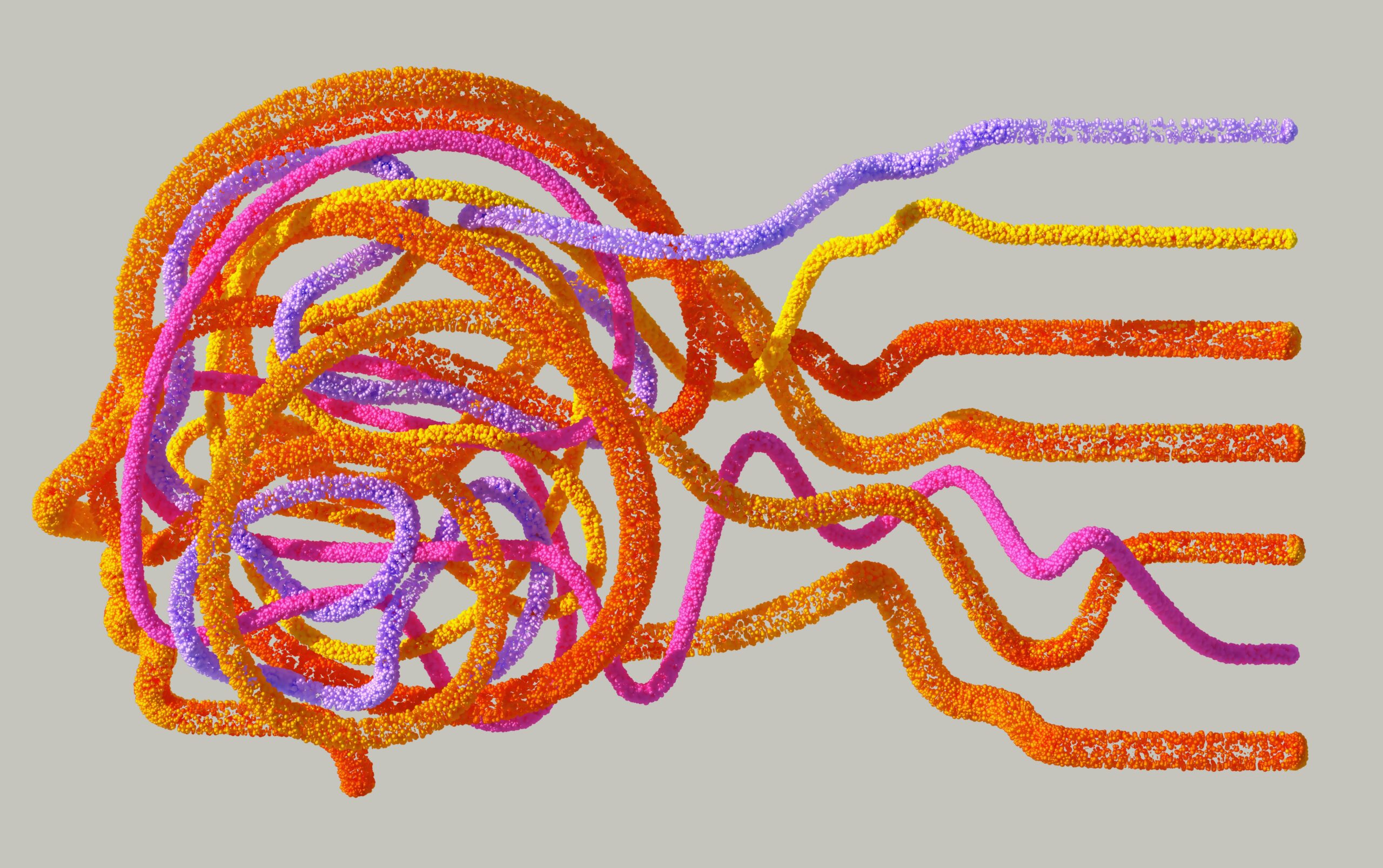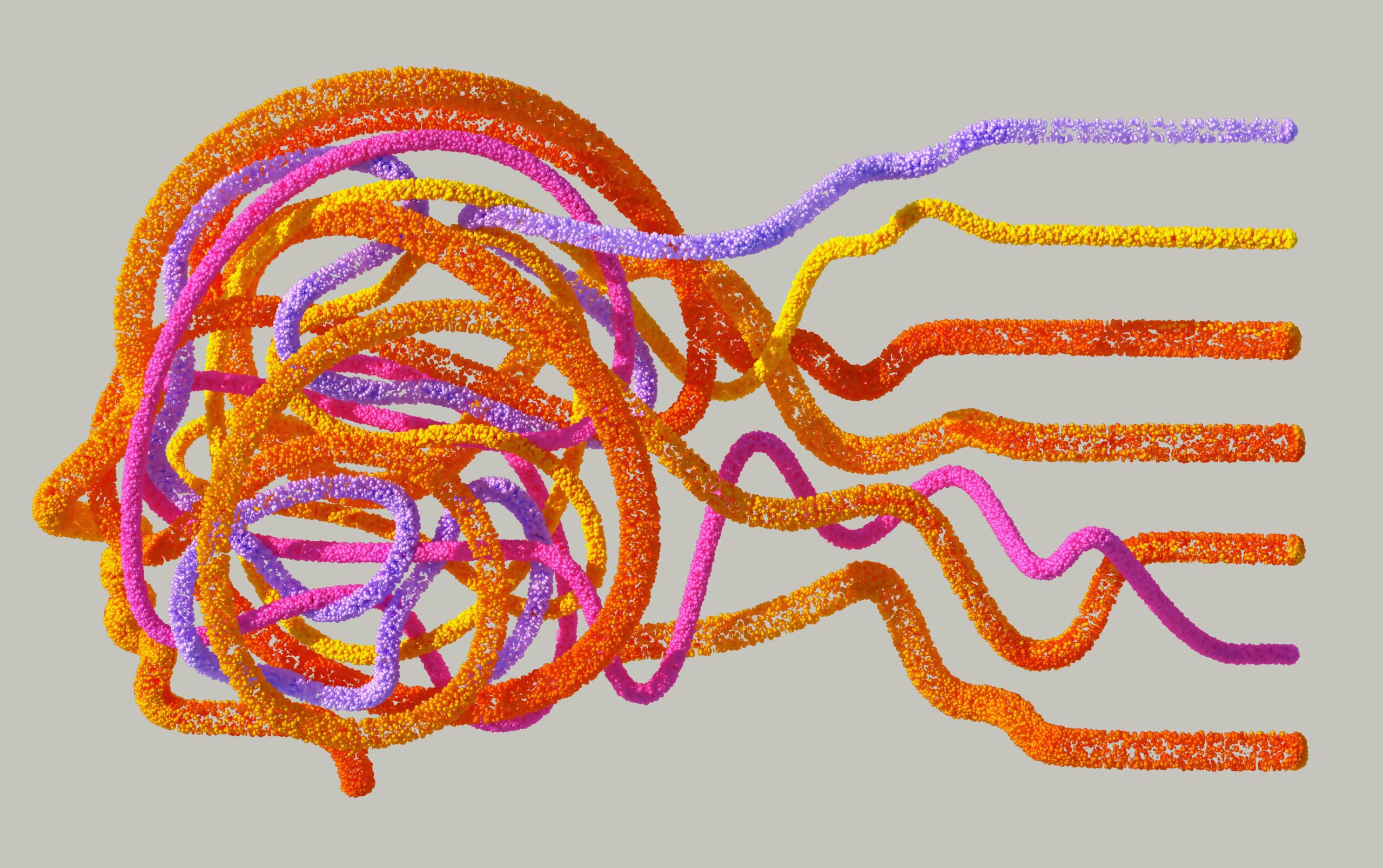The human brain represents the final frontier of scientific exploration, and as neuroscience advances at unprecedented rates, ethical considerations must evolve alongside technological innovation. Neuroethics emerges as the critical bridge between groundbreaking discoveries and responsible implementation.
We stand at a pivotal moment where brain-computer interfaces, cognitive enhancement technologies, and neuroimaging capabilities are transitioning from science fiction to everyday reality. The decisions we make today about how to develop, regulate, and deploy these neurotechnologies will fundamentally shape human consciousness, identity, and society for generations to come. Understanding the ethical implications of manipulating the most complex structure in the known universe requires careful deliberation, interdisciplinary collaboration, and a commitment to protecting human dignity while fostering innovation.
🧠 The Neurotechnology Revolution: Where We Stand Today
Neurotechnology has progressed remarkably over the past decade, with innovations that would have seemed impossible just years ago. Brain-computer interfaces now allow paralyzed individuals to control robotic limbs through thought alone. Deep brain stimulation provides relief for patients suffering from Parkinson’s disease, depression, and obsessive-compulsive disorder. Neuroimaging techniques can detect early signs of Alzheimer’s disease before symptoms appear, potentially opening windows for preventive intervention.
Companies and research institutions worldwide are investing billions in neuroscience ventures. Neuralink, Kernel, and other technology firms are developing consumer-grade neural interfaces with ambitions extending far beyond medical applications. The promise includes enhanced memory, accelerated learning, direct brain-to-brain communication, and cognitive augmentation that could redefine human potential.
However, this rapid advancement raises profound questions. When we can read thoughts with increasing accuracy, what happens to mental privacy? If cognitive enhancement becomes available, who gets access and what happens to equality? As we gain the ability to modify memories, alter moods, and enhance intelligence, how do we preserve authentic human experience and individual autonomy?
Foundational Principles of Neuroethics 🎯
Neuroethics operates at the intersection of neuroscience, philosophy, law, and social policy. Unlike traditional bioethics, it addresses unique challenges related to consciousness, personal identity, mental privacy, and the essence of what makes us human. Several core principles guide ethical considerations in this emerging field.
Mental Privacy and Cognitive Liberty
The human mind has historically been the ultimate private space, inaccessible to external observation or control. Neurotechnology threatens this fundamental privacy. Advanced neuroimaging can already detect lies, predict behaviors, and identify preferences with increasing accuracy. As these technologies improve, the potential for misuse grows exponentially.
Cognitive liberty—the right to mental self-determination—must be recognized as a fundamental human right. This includes the freedom to alter or not alter one’s consciousness, the right to refuse cognitive interventions, and protection against coercive neurotechnological applications. Legal frameworks must evolve to protect brain data with the same rigor as genetic information, if not greater.
Justice and Equitable Access
If cognitive enhancement technologies become available, they could exacerbate existing inequalities or create entirely new forms of discrimination. A society divided between the neurologically enhanced and unenhanced raises troubling questions about fairness, opportunity, and human dignity.
Ensuring equitable access to beneficial neurotechnologies while preventing coercive enhancement expectations requires proactive policy development. Healthcare systems must determine whether cognitive enhancement qualifies as medical necessity, luxury, or something entirely different that demands novel frameworks.
Clinical Applications: Healing While Protecting Identity 💊
Medical neurotechnology offers transformative benefits for patients suffering from neurological and psychiatric conditions. Deep brain stimulation has restored quality of life for thousands with movement disorders. Responsive neurostimulation reduces seizure frequency in epilepsy patients. Experimental treatments show promise for depression, addiction, and post-traumatic stress disorder.
These therapeutic applications exemplify responsible innovation when properly regulated and implemented. However, even in clinical contexts, ethical challenges persist. When treating depression by altering brain activity, how do we ensure the resulting mental state reflects authentic wellness rather than artificially imposed contentment?
Memory Modification and Personal Identity
Research into memory modification presents particularly complex ethical terrain. The ability to erase traumatic memories could provide relief for PTSD sufferers, but memories—even painful ones—constitute essential components of personal identity and character development. Selective memory editing raises questions about authenticity, personal growth, and the value of difficult experiences.
Furthermore, memory is inherently unreliable and reconstructive. Interventions designed to remove specific memories might inadvertently alter associated recollections, potentially undermining the continuity of self that defines individual identity. Rigorous ethical frameworks must govern such interventions, ensuring informed consent and considering long-term psychological consequences.
Enhancement Beyond Treatment: Where Do We Draw the Line? 🚀
The distinction between therapy and enhancement—already blurred in fields like cosmetic surgery and sports medicine—becomes even more ambiguous with neurotechnology. When does treating attention deficits become cognitive enhancement for competitive advantage? Should healthy individuals access medications that improve focus, memory, or mood?
Current debates around pharmaceutical cognitive enhancement offer preview of controversies awaiting more advanced neurotechnologies. Students and professionals already use stimulants like modafinil and Adderall off-label to boost performance. As safer, more effective enhancement options emerge, pressure to adopt them may become irresistible for those seeking competitive edges.
The Pressure to Enhance
In competitive environments—academic, professional, military—voluntary enhancement can quickly become coercive necessity. If peers adopt cognitive enhancement, those who abstain face relative disadvantage. This dynamic threatens genuine autonomy and could create societies where enhancement becomes effectively mandatory despite nominal freedom of choice.
Regulatory approaches must balance individual liberty with collective welfare. Outright prohibitions risk creating black markets and encouraging unsafe practices. Conversely, unlimited access without oversight could produce severe inequalities and unforeseen social consequences. Finding appropriate middle grounds requires ongoing dialogue involving diverse stakeholders.
🔒 Protecting Neural Data in the Digital Age
Brain data represents the most intimate information imaginable. Neural activity patterns could potentially reveal political preferences, sexual orientation, religious beliefs, unconscious biases, and predispositions to behaviors or conditions. The commercial value of such data makes it attractive to corporations, while governments might seek access for security purposes.
Current data protection frameworks prove inadequate for neural information. Brain data cannot be changed like passwords when compromised. It potentially reveals information individuals themselves don’t consciously know. Legal protections must evolve to address these unique characteristics, establishing clear limits on collection, usage, and retention of neural data.
Commercial Applications and Consumer Neurotechnology
Consumer neurotechnology markets are expanding rapidly, with devices claiming to improve meditation, enhance focus, or optimize sleep through neurofeedback. While most current consumer devices provide limited functionality compared to research-grade equipment, the trajectory points toward increasingly sophisticated consumer brain interfaces.
These devices raise questions about data ownership, algorithm transparency, and potential misuse. Terms of service agreements granting companies broad rights over user brain data present concerning precedents. Regulatory agencies must develop neurotechnology-specific guidelines before markets mature further and problematic practices become entrenched.
Military and Security Applications: Ethical Red Lines ⚔️
Military organizations worldwide invest heavily in neurotechnology research, seeking advantages through enhanced soldier performance, optimized decision-making, and direct brain-computer weapon control. While some applications—like better treatments for combat-related brain injuries—raise few ethical concerns, others approach or cross ethical boundaries.
Technologies that could suppress fear, eliminate need for sleep, or enhance aggression fundamentally alter soldiers’ psychology. Interventions affecting judgment, emotional responses, or moral reasoning could undermine capacity for ethical decision-making in combat situations. International humanitarian law must evolve to address neurotechnological weapons and enhancements, potentially establishing new categories of prohibited technologies.
Neurotechnology in Justice Systems
The application of neuroscience in legal contexts—often called “neurolaw”—presents both opportunities and dangers. Brain imaging introduced as evidence could potentially identify deception, assess criminal responsibility, or predict recidivism. However, current neuroscience cannot support such applications with sufficient reliability.
Using neurological evidence to reduce culpability or predict dangerousness risks creating deterministic legal frameworks that undermine concepts of free will and moral responsibility foundational to justice systems. Courts must critically evaluate neuroscientific evidence claims and resist premature adoption of technologies that cannot yet deliver on their promises.
🌍 Global Governance and International Cooperation
Neurotechnology development occurs globally, but ethical standards and regulatory approaches vary dramatically across jurisdictions. This creates risks of “ethics dumping”—conducting controversial research in countries with lax regulations—and “brain drain” scenarios where restrictive policies drive innovation to less scrupulous regions.
International cooperation is essential for establishing baseline ethical standards and preventing races to the bottom. Organizations like UNESCO, WHO, and specialized neuroethics bodies must facilitate dialogue and develop frameworks adaptable to diverse cultural contexts while protecting fundamental human rights.
Cultural Perspectives on Neuroethics
Ethical frameworks reflect cultural values, and approaches to neuroethics must acknowledge legitimate diversity in how different societies balance individual autonomy, collective welfare, and traditional values. Western emphasis on individual rights differs from perspectives prioritizing community harmony or spiritual considerations.
Productive global governance requires inclusive dialogue that respects cultural differences while identifying universal principles protecting human dignity. Issues like cognitive enhancement, memory modification, and neural privacy may receive different ethical evaluations across cultures, demanding flexible yet principled frameworks.
Education and Public Engagement: Building Neuroethical Literacy 📚
Responsible development of neurotechnology requires informed public participation in policy formation. However, neuroscience complexity and rapid advancement make public understanding challenging. Educational initiatives must bridge this gap, fostering neuroethical literacy among citizens, policymakers, and practitioners.
Science communication efforts should emphasize both possibilities and limitations of current neurotechnology, countering both exaggerated hopes and unfounded fears. Media representations often sensationalize neuroscience findings, creating misconceptions that distort public discourse. Accurate, accessible information empowers meaningful democratic participation in shaping neurotechnology’s future.
Training Ethical Neuroscientists and Developers
Researchers and technology developers require training in ethical reasoning and social responsibility. Neuroscience education should integrate ethics throughout curricula rather than treating it as separate module. Scientists must understand implications of their work beyond immediate research questions, considering potential applications, misapplications, and unintended consequences.
Professional societies and research institutions should establish ethical guidelines specific to neurotechnology development. Peer review processes must evaluate ethical dimensions alongside scientific merit. Funding agencies should require ethical impact assessments for neurotechnology projects, particularly those approaching clinical or commercial application.
Designing Ethical Innovation Pathways 🛤️
Responsible innovation in neurotechnology requires embedding ethical considerations throughout development processes rather than treating ethics as afterthought. Anticipatory governance approaches identify potential issues early, when addressing them remains feasible and cost-effective. This requires collaboration between ethicists, scientists, policymakers, and affected communities from project inception.
Value-sensitive design methodologies integrate ethical values directly into technology architecture. For neurotechnology, this might include privacy-by-design principles, transparency mechanisms revealing how algorithms make decisions, or consent frameworks appropriate for technologies affecting cognition itself.
Adaptive Regulation for Rapid Innovation
Traditional regulatory approaches struggle with rapidly evolving technologies. By the time regulations are finalized, technologies have often advanced beyond their scope. Adaptive regulation employs flexible frameworks that establish principles and processes rather than rigid specifications, allowing response to emerging issues while providing necessary oversight.
Regulatory sandboxes—controlled environments where innovations can be tested under observation—offer promising approaches for neurotechnology. These allow assessment of real-world impacts while maintaining safeguards, informing evidence-based policy development rather than reactive prohibition or uncritical permissiveness.
🌟 Envisioning an Ethical Neurotechnological Future
The future of neurotechnology depends on choices made today. With thoughtful governance, robust ethical frameworks, and inclusive decision-making, neurotechnology could alleviate suffering, expand human potential, and deepen understanding of consciousness. Without such guardrails, the same technologies risk exacerbating inequalities, enabling unprecedented invasions of privacy, and fundamentally altering human nature in ways we might later regret.
Optimistic scenarios envision neurotechnology democratizing cognitive enhancement, providing therapeutic options for currently untreatable conditions, and enabling new forms of communication and experience. Brain-computer interfaces could allow artistic expression for those with physical disabilities, restore sensory experiences to those who have lost them, or even facilitate entirely new modes of human connection.
However, achieving such positive outcomes requires vigilance, wisdom, and commitment to principles that protect human dignity, autonomy, and equality. It demands ongoing dialogue that includes diverse voices, particularly those of communities most likely to be affected by neurotechnology applications. It requires regulatory courage to set boundaries even when commercial interests pressure otherwise.

The Path Forward: Building Tomorrow’s Neuroethical Frameworks 🔮
Shaping minds responsibly means recognizing both the tremendous potential and serious risks inherent in neurotechnology. It requires humility about the limits of current knowledge and wisdom about unintended consequences. Most importantly, it demands centering human flourishing—in its richest, most expansive sense—as the ultimate criterion for evaluating neurotechnological innovation.
Moving forward, several priorities deserve particular attention: developing robust legal protections for neural data and cognitive liberty; ensuring equitable access to beneficial neurotechnologies while preventing coercive enhancement pressures; establishing international ethical standards through inclusive dialogue; fostering neuroethical literacy through education and public engagement; and creating regulatory frameworks that enable innovation while protecting fundamental rights.
The ethical challenges posed by neurotechnology are neither purely technical problems with technical solutions nor insurmountable barriers requiring abandonment of promising research. Rather, they represent opportunities for humanity to collectively decide what kind of future we want to create—one that respects the profound mystery of consciousness, protects the vulnerable, distributes benefits justly, and preserves what makes us essentially human even as we transcend current limitations.
The stakes could not be higher. Neurotechnology touches the very essence of human experience: our thoughts, memories, emotions, and sense of self. Getting governance right means thoughtfully navigating between precautionary paralysis and reckless experimentation. It means honoring both the potential for tremendous benefit and the gravity of intervening in the substrate of consciousness itself. By engaging seriously with neuroethics today, we lay foundations for a future where neurotechnology enhances rather than diminishes human dignity, expands rather than constrains human flourishing, and represents humanity’s wisdom rather than merely its cleverness. The minds we shape, after all, will shape the world to come.
Toni Santos is a cognitive storyteller and cultural researcher dedicated to exploring how memory, ritual, and neural imagination shape human experience. Through the lens of neuroscience and symbolic history, Toni investigates how thought patterns, ancestral practices, and sensory knowledge reveal the mind’s creative evolution. Fascinated by the parallels between ancient rituals and modern neural science, Toni’s work bridges data and myth, exploring how the human brain encodes meaning, emotion, and transformation. His approach connects cognitive research with philosophy, anthropology, and narrative art. Combining neuroaesthetics, ethical reflection, and cultural storytelling, he studies how creativity and cognition intertwine — and how science and spirituality often meet within the same human impulse to understand and transcend. His work is a tribute to: The intricate relationship between consciousness and culture The dialogue between ancient wisdom and neural science The enduring pursuit of meaning within the human mind Whether you are drawn to neuroscience, philosophy, or the poetic architecture of thought, Toni invites you to explore the landscapes of the mind — where knowledge, memory, and imagination converge.




